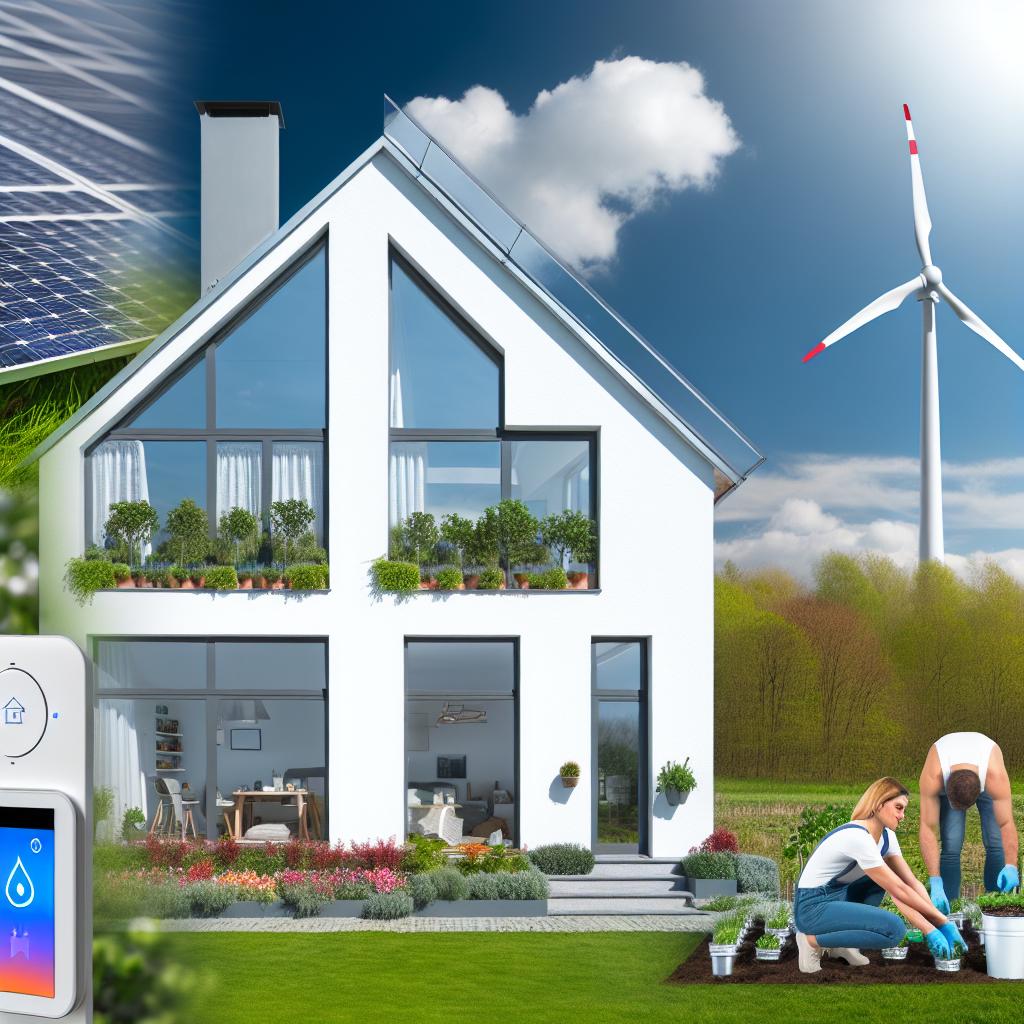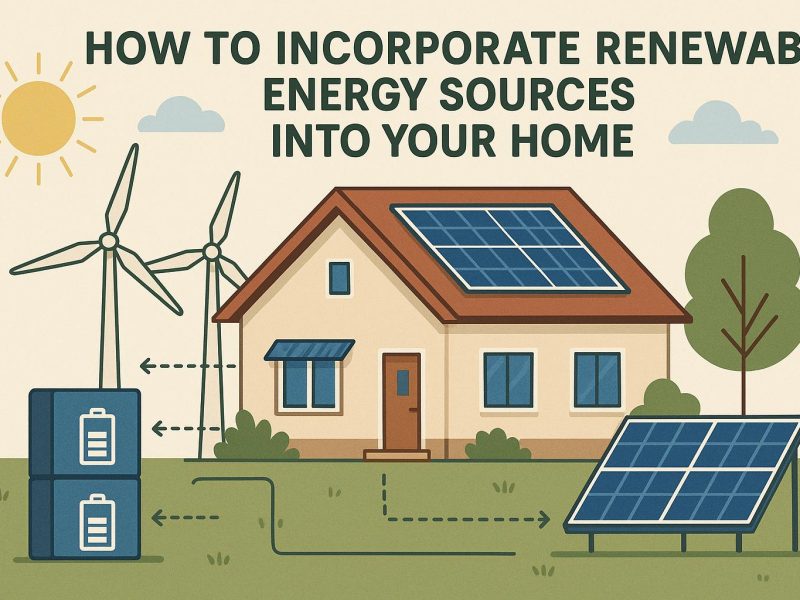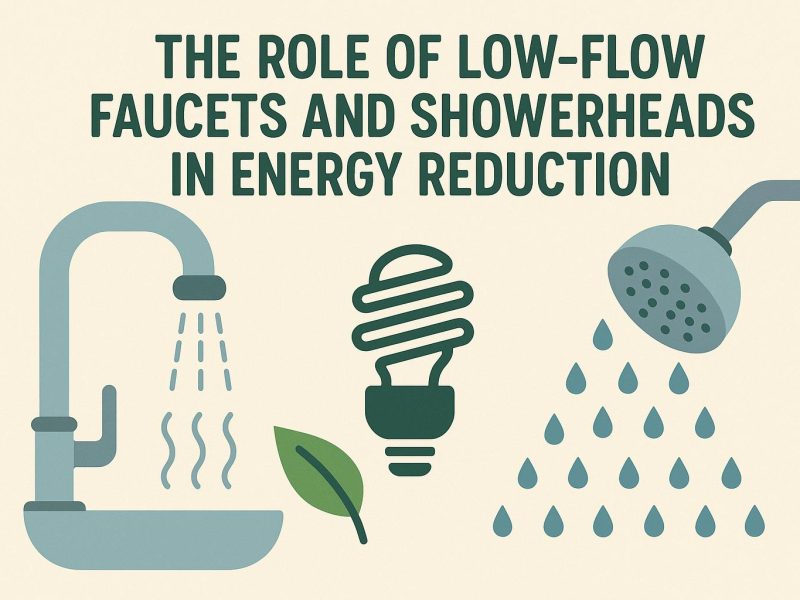The Advantages of Smart and Energy-Efficient Homes
Building a smart and energy-efficient home offers a range of advantages to homeowners and the environment alike. As technology advances and awareness of energy conservation increases, these homes are fast becoming the preferred choice for many people. In this expanded exploration, let us delve deeper into the substantial benefits that smart homes provide.
Improved Energy Efficiency
Energy efficiency stands as one of the most significant benefits of smart homes. The use of intelligent systems and appliances allows homeowners to drastically cut down on energy consumption.
Smart thermostats exemplify the integration of technology with everyday living by learning user preferences and adjusting temperatures accordingly. This adaptability ensures not only comfort but also optimal energy use, resulting in decreased energy consumption. Furthermore, smart lighting systems contribute significantly by being programmable to switch off when rooms are unoccupied. This capability ensures that energy isn’t wasted on lighting empty spaces, thus aiding in significant energy conservation.
Smart meters add another layer to energy efficiency by offering real-time insights into energy usage. Homeowners can monitor and analyze their energy usage more accurately, enabling them to make informed decisions to further enhance energy efficiency. In essence, each of these technologies contributes to reducing the overall carbon footprint of the household.
Cost Savings
Though the initial financial outlay for a smart, energy-efficient home might be higher, the sustained cost savings over time offer a compelling advantage. Solar panels are an exemplary addition to such homes, with the potential to dramatically reduce electricity bills by harnessing renewable energy from the sun. Beyond solar, the inclusion of geothermal heating systems and energy-efficient HVAC systems further accentuates cost benefits.
Smart home systems enable detailed monitoring of energy usage, facilitating informed adjustments to consumption patterns. Such conscientious energy use leads to lower utility bills, allowing homeowners to recover the initial investment over time. The capability to program appliances to operate during off-peak hours can also result in reduced energy rates, adding to long-term savings.
Enhanced Comfort and Convenience
The allure of smart homes extends beyond financial and environmental benefits, offering an unparalleled level of comfort and convenience. The ability to manage various systems remotely is perhaps one of the most significant conveniences offered by smart homes. Whether through a smartphone or voice command, controlling home systems becomes an effortless task.
Smart thermostats can work in harmony with other systems to ensure that room temperatures are adjusted to desired settings prior to the homeowner’s arrival. This feature guarantees a welcoming atmosphere and optimal comfort upon entering the home. Furthermore, smart home systems can be programmed to play favorite music, adjust lighting preferences, and even start appliances such as coffee makers, streamlining everyday routines.
For many, the convenience of these features translates into saved time and reduced effort, enhancing the overall quality of life. Voice-activated assistants, integrated security systems, and automated appliance controls are examples of how smart technology simplifies home life.
Environmental Benefits
Apart from the direct advantages to homeowners, energy-efficient homes offer significant environmental benefits. Reduced reliance on non-renewable energy sources leads to lower greenhouse gas emissions, directly contributing to the fight against climate change. Integration of renewable energy sources, such as solar panels and wind turbines, not only provides power but also adds to the sustainability of the home.
Moreover, energy-efficient homes are often built with sustainable materials and are designed to maximize natural light and heat, enhancing their eco-friendliness. This holistic approach significantly diminishes the environmental impact, making these homes an ethical choice for the environmentally conscious consumer.
In addition to reducing emissions, the decreased energy demand alleviates the strain on electrical grids, helping to prevent energy shortages during peak times. As more homes adopt energy-efficient technologies, the collective impact on reducing the ecological footprint becomes profound.
Future-Proofing Your Home
Opting for smart technologies constitutes a strategic move towards future-proofing your home. With ongoing advancements in technology, homes equipped with current smart systems are in a prime position to integrate new innovations seamlessly. This capability ensures that the home remains updated, maintaining, if not bolstering, its market value.
Smart homes are designed for adaptability, allowing for quick upgrades with minimal disruptions. This quality is particularly crucial as the demand for smart technology continues to grow, representing a sound investment in the future. Equipped with cutting-edge installations, these homes remain relevant and desirable in an evolving real estate market.
Additionally, future-proofing with smart technology aligns with broader cultural shifts towards more digital and automated lifestyles. As people increasingly prioritize tech-savvy living environments, having a home that meets these expectations can be a competitive advantage, particularly relevant in a selling scenario.
Conclusion
In conclusion, the construction of smart and energy-efficient homes presents a multi-faceted suite of advantages, encompassing reduced energy consumption, cost efficiency, enhanced comfort, and environmental conservation. As technology continues to develop and the movement towards sustainable living gains momentum, such homes are likely to set the standard for modern living. For homeowners seeking to integrate smart technology, it is beneficial to consult resources on energy efficiency and smart home innovations to make informed and strategic choices, preparing for a more efficient and sustainable future.



